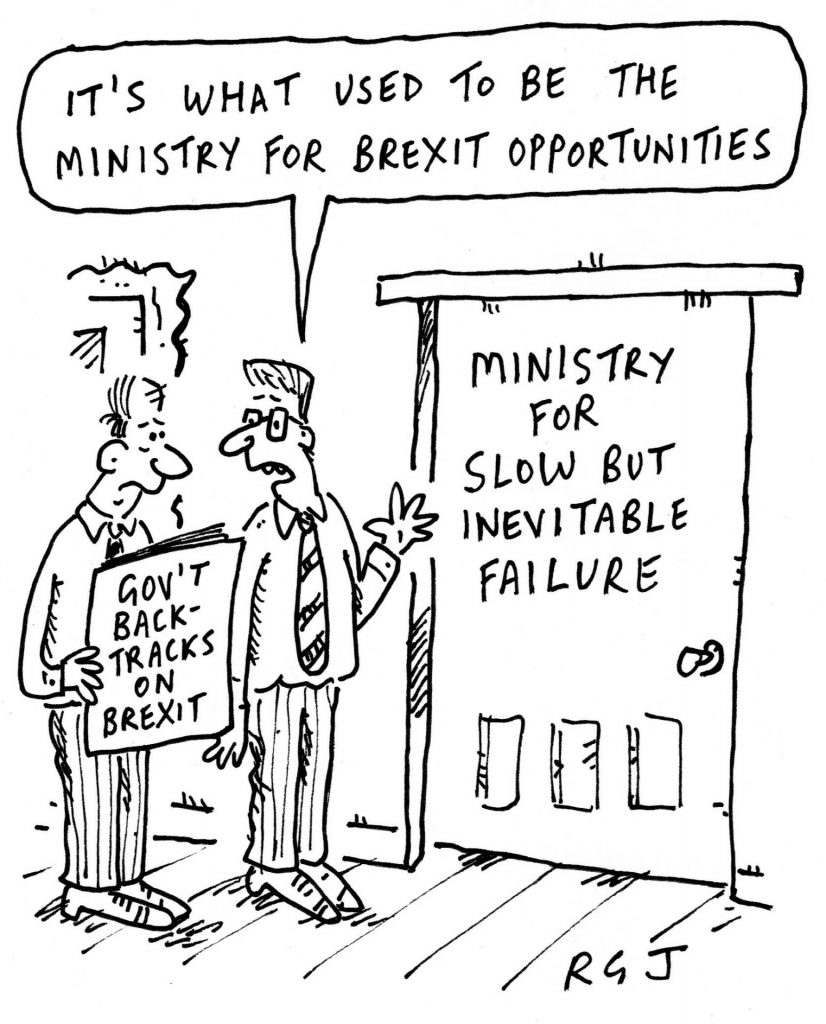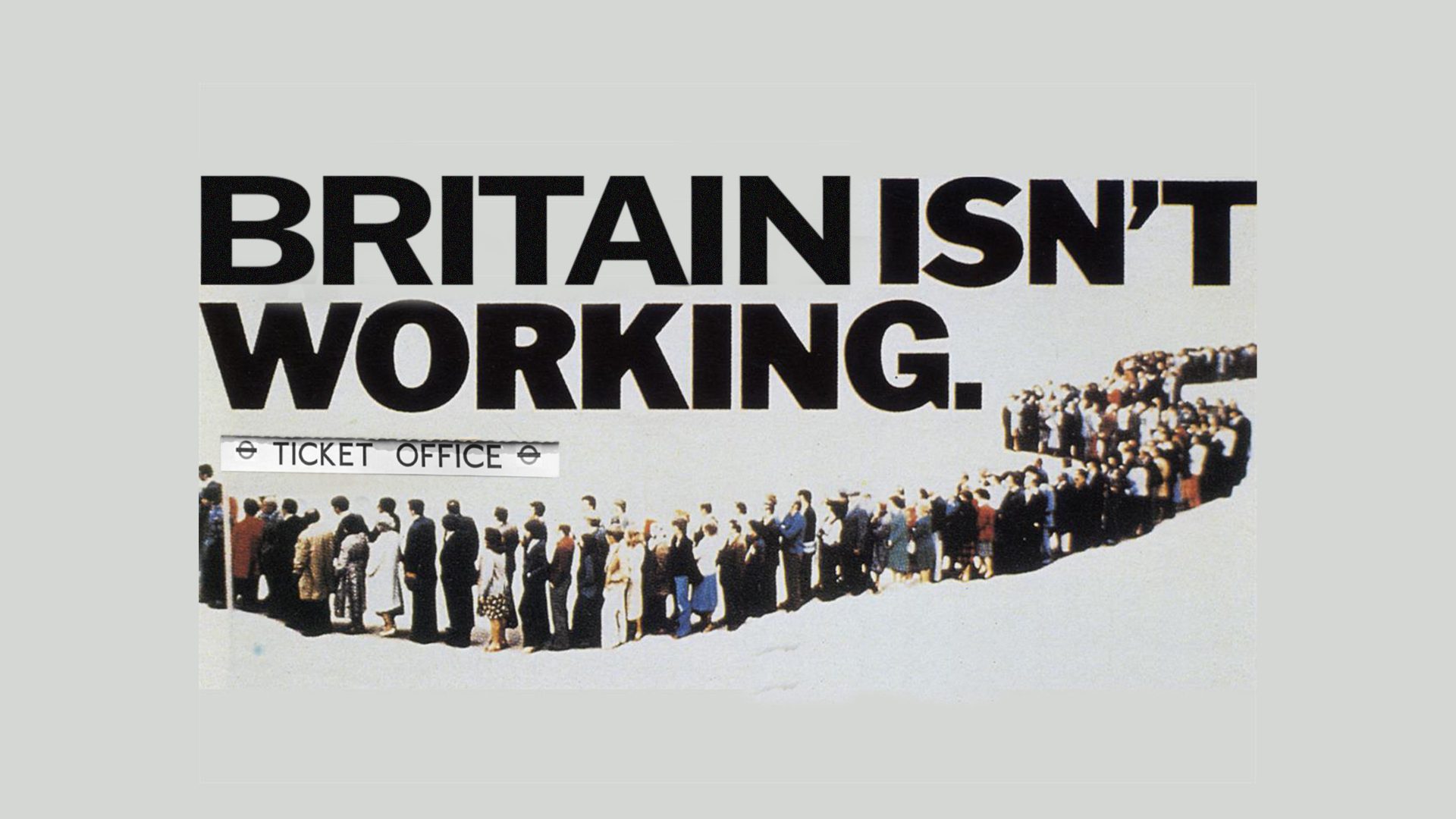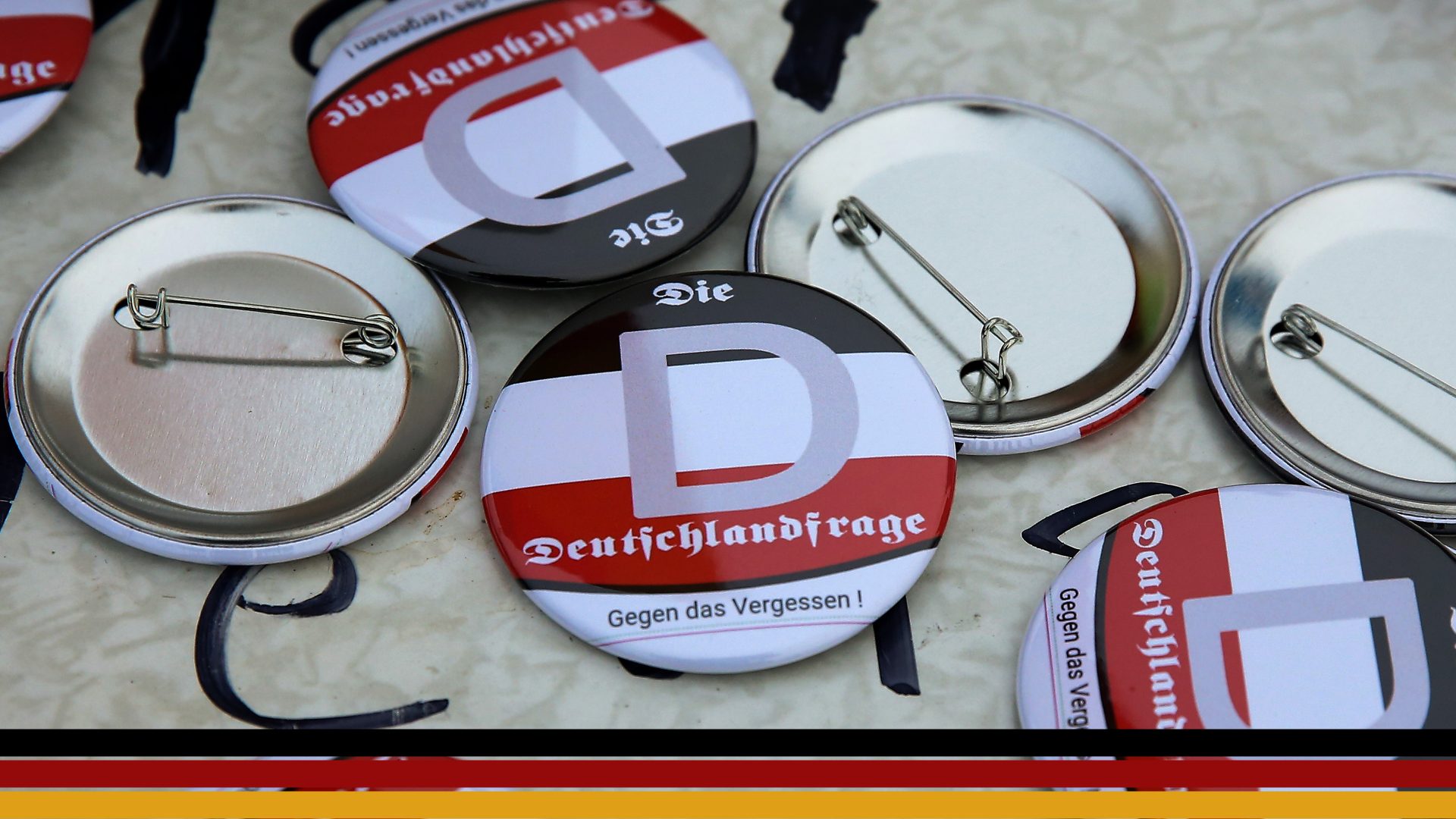There are two splendid new departure boards at Euston station, a place I know very well from regular journeys to Scotland, and more frequent trips to the footballing Mecca that is Burnley.
Double-sided so that you can see them whichever entrance you use, the boards add a little colour to the place; trains on time and ready to go are marked in green, blue says wait and red says sorry for any inconvenience, but your train has been cancelled.
When my train to Glasgow was cancelled, blue didn’t even switch to red; it just dropped off the board. Perhaps they had run out of red, trains to Manchester and Birmingham having gone the same way (and before anyone tries to blame the strikes, this was a non-strike day.) In the ensuing hour waiting for the next one (which had three train loads of people packed in) at one point the board had three blue delayed trains, two red cancelled ones and nul points for green.
Among the people who came over to chat after spotting me hovering on the edge of the frustrated crowd was a Brit who lives in Switzerland, over to see his parents in Hemel Hempstead. He came back every few months, he said, and had noticed the steady decline, not just in the railways, but pretty much any aspect of UK infrastructure. “In Switzerland, there is a meltdown if a train is two minutes late,” he said, as we surveyed the masses gathered under the brightly coloured boards. “There, it feels like everything works. Here, it feels like nothing works.”
I saw the broadcaster Iain Dale the other day complaining that we all spend too much time running Britain down, and he is right that there remains so much about the country that is wonderful. But am I alone in thinking that anything really good in the country is happening despite the government we have, and rarely because of anything it does?
Ask yourself honestly, of all the things for which government has the prime responsibility, has anything actually improved in the last 12 years? The NHS? The state of school buildings? School standards? Transport, whether rail or road? Policing? The strength of our military? Homelessness and poverty? The housing stock? Funding of local services? Asylum and immigration policy? I could go on and on, so if anyone out there can tell me of something that has improved because of the conduct and decisions of ministers, please do. The letters page is wide open.
“Labour isn’t working”, illustrating a graphic of a long line of people queueing for work, was a memorable slogan that formed part of the campaign to get the Tories into power under Margaret Thatcher.
“Britain isn’t working” is less a political slogan these days than a grim statement of fact, recognised well beyond our own shores.

I must confess I find it a bit weird that a podcast launched earlier this year has led in a matter of months to me and Rory Stewart selling out the Albert Hall with people happy to sit there and listen to us chat about what we think about the world, and pay for the privilege. Wandering around the place these days, I do so to a steady stream of “love the podcast” comments from passers-by (Fiona can confirm). So it was a nice change when we were walking the dog on Hampstead Heath, and a woman stopped me to volunteer this: “I have tried to listen to your podcast, but frankly you talk too much, you’re far too fond of your own voice and opinions, and I don’t like the other guy anyway.” Thank you for your comment, the contents of which have been noted.
The next guest on the podcast is Marina Litvinenko, the widow of Alexander, the former Russian agent and victim of a state assassination by the Putin regime after his defection to the UK. Doing research ahead of our chat I came across a remarkable interview on Russian TV with a deputy in the Duma, Andrei Lugovoy, warning Ukraine’s president, Volodymyr Zelensky, that he and his like would be hunted down and killed. He urged Zelensky to read the memoirs of Pavel Sudoplatov, a former agent who killed Leon Trotsky in Mexico, and suggested Zelensky and his circle would face an identical end.
If the name Lugovoy sounds familiar to anyone who has followed the Litvinenko story, it is because he was one of the two Russian agents named by UK law enforcement authorities as being responsible for the poisoning of Litvinenko in a London hotel in 2006.
It is one thing to kill on foreign soil and get home safely. It is quite another then to become an MP, and use your platform to promise there will be more killings to come.
“If someone has done damage to the Russian state, they should be exterminated!” Quite a worldview.
Litvinenko showed enormous courage in being among the first to call out the “mafia state” reality of Vladimir Putin’s Russia, and his widow shows similar courage in continuing her fight for justice for her husband and for others in the face of it.
The government comms man in me felt a bit of sympathy for the poor soul tasked with making a new film to explain post-Brexit trading arrangements. Keep them short and simple, I used to say. The animation, explaining how a British exporter called Edward sells his glassware to a French importer called Elise, with the help of haulage man George and an array of customs officials and forms is of such mind-numbing complexity, that if I were either Edward or Elise, I would, frankly, give up. There is a bombardment of acronyms. You need an EORI number, a GMR, a GDVS and an MRN – and that’s before your cargo has even reached Dover.
Meanwhile, the exports minister Andrew Bowie was on TV the other day saying: “It is now easier for British companies to export to Europe.”
What planet are they on? Does the minister for exports talk to any exporters? Or is he now a hostage to the Brexomertà gang, and fears elimination from the tribe if he so much as suggests that there may have been a teeny-weeny increase in bureaucracy. That’s teeny weeny as in an avalanche of the bloody stuff. This from the people who claimed Brexit would reduce rather than increase red tape.
In Paris for a talk for Portland Communications last week with Gérard Araud. The former French ambassador to Washington lifted the veil a little on the meetings between presidents Emmanuel Macron and Donald Trump.
“What do you think of Theresa May and Angela Merkel?” Trump wanted to know. Macron gave his view, rounded and fair.
“I’ll tell you what I think of them,” came the reply. “They’re losers. The reason I love you, Emmanuel, is that like me, you’re a winner.
Macron was doubtless too polite to remind the narcissist-in-chief that Merkel won four terms as chancellor. As for who is losing these days, I refer to the headline in an editorial in the Figaro newspaper the next morning: “Donald Trump… Loser”.
It was nice to get back to proper football at the weekend, table-topping Burnley away at QPR as the Championship resumed, despite both sides having a player still involved in the World Cup game with Morocco. As I say in the programme for our home game with Middlesbrough this weekend, when it comes to club or country, for most real football fans it’s not even close!




